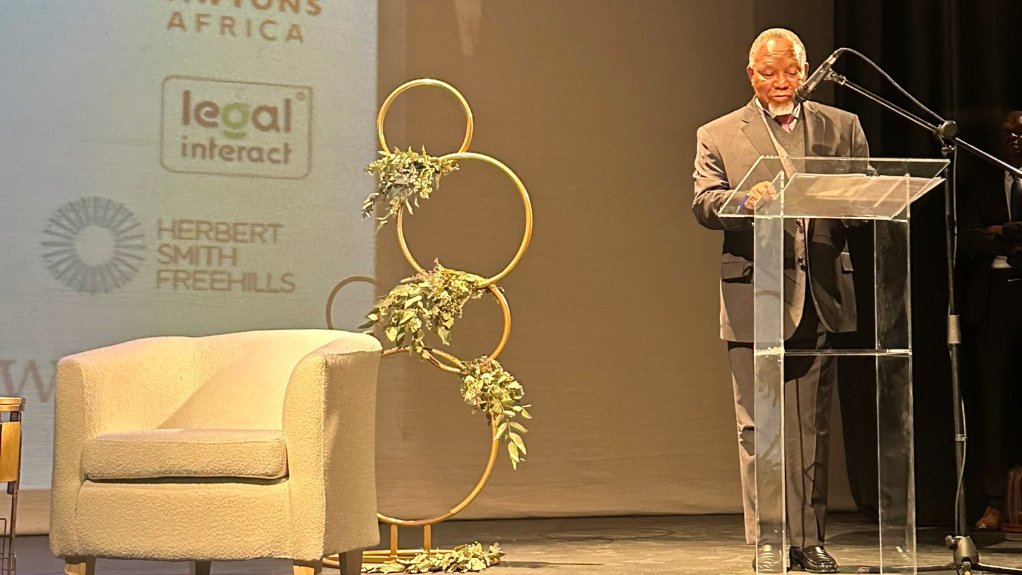Former President Kgalema Motlanthe pointed out on Friday that mapping out a future that is free from corruption requires a “deliberate and tactical” approach to ensure a robust rule of law, ethical governance and effective leadership.
Motlanthe was speaking on day two of the University of Johannesburg's Anti-Corruption Summit, where he highlighted that although corruption has been a persistent element in South African politics, a starting point for change is to envision what a post-corruption world would look like, not just as an aspirational goal but as a necessary strategy.
“The process of charting out such a world, serves as a powerful tool to focus minds on the importance of conscious reflection and how societies can create a resilient framework for long-term stability and prosperity,” he said.
He said conscious reflection involves a deep and honest examination of the root causes of corruption, and it also requires acknowledging the historic systemic issues that allow corruption to thrive.
Motlanthe believes that to successfully address corruption a multifaceted approach is needed, and this includes education and the development of consciousness.
He stated that fraud and corruption affects every facet of life and undoubtedly impacts the nation’s progress by undermining the rule of law, eroding public trust and stifling economic growth.
The rule of law is critical in maintaining justice, stability and accountability, however the efficacy and tolerance of the rule of law in the country are topics of considerable contradictions and scrutiny, he said.
Further, Motlanthe said the rule of law should be treated as more than just legal theory, noting that despite the constitutional commitment to the rule of law, government’s response to it reveals a complex interplay between tolerance, frustration and collective complexity that, he says, blurs the lines between institutional integrity and public perception.
He said with high profile cases of corruption involving prominent political figures and State institutions, there is a growing perception that legal and political elites are often treated as being above the law, which he said leads to cynicism and disillusionment amongst ordinary people.
He said fraud and corruption significantly undermine the rule of law by eroding trust in public institutions, weakening legal systems and fostering an environment where laws are not consistently enforced.
He noted that all these issues underscore the importance of collective efforts to strengthen legal institutions and promote justice for all.
Motlanthe said corruption has a profound negative impact on economic development, and corruption, particularly in the procurement of drugs and medical equipment, drives up costs and can lead to substandard or harmful products.
He noted the human costs of counterfeit drugs and vaccinations on health outcomes and the lifelong impact on children, saying it far exceeds financial costs.
Edited by: Sashnee Moodley
Senior Deputy Editor Polity and Multimedia
EMAIL THIS ARTICLE SAVE THIS ARTICLE
ARTICLE ENQUIRY
To subscribe email subscriptions@creamermedia.co.za or click here
To advertise email advertising@creamermedia.co.za or click here













